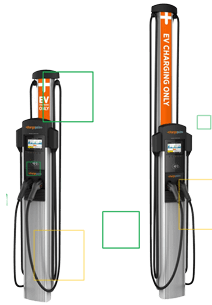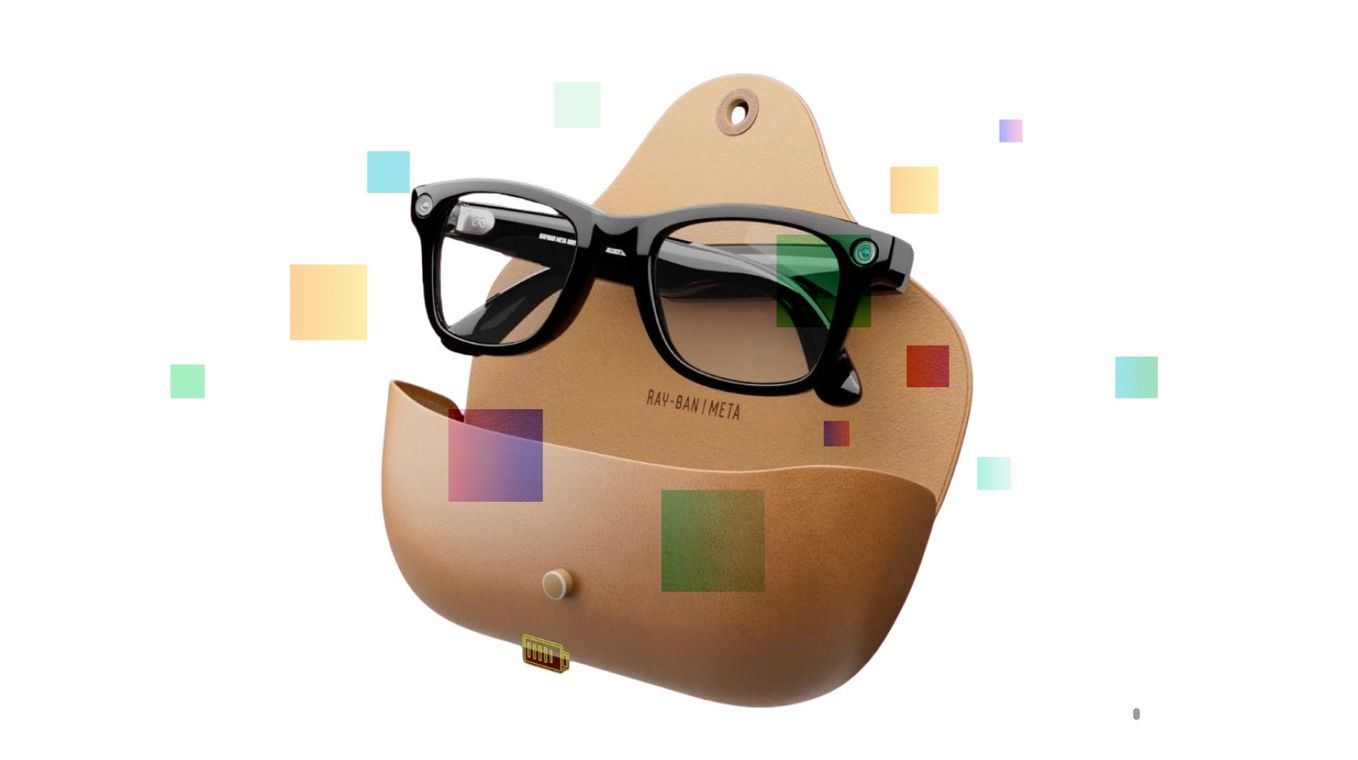Brendan Green is Head of Advanced Manufacturing Operations at Instrumental. We asked him to share tips he’s learned from his experiences manufacturing physical products. This is Part 2 of 2; also check out Part 1.
Q: How are manufacturing companies organized?
Factories are not monolithic – they’re all tied to each other. In China, factories are in clusters depending on what you want to manufacture. Textiles, hardware, even pool tables – for anything you want to make, the factories for that vertical are often located near each other. That’s because having all the raw materials, components, etc. together in one area is convenient because you have a lot of suppliers nearby. That also means there’s competition for those suppliers nearby, which makes it easier for you as a product company to compare your options.
When you work with a factory, you have to be careful about who’s actually producing your product. It becomes even more important with a complex product or a product with regulatory/safety requirements because larger factories (especially if you’re not a high-volume customer) will often push your product out to their subcontractors without telling you. The subcontractors are smaller factories that don’t always have the same level of quality and aren’t always subject to the same labor practice standards. The big factories may not want you to know what they’re doing for two reasons. The first reason is because they’re doing something they shouldn’t. The second reason is that they’re protecting a strategic advantage. For example, the painting of the toys we were making was hard (we were painting onto silicone rubber and that’s a highly specialized skill so that is a source of competitive advantage). Our manufacturer wouldn’t tell us their painting supplier because there are only a few factories that can do that and they wanted to make it hard for us to build somewhere else. The factory wants to be a key player. Unfortunately, in a case like that, it means you won’t understand the whole supply chain.
Q: How should product companies go about finding and setting up partnerships with manufacturers?
It depends on how experienced your team is. If you’re fortunate enough to be part of an experienced team – engineers, product, and operations folks – then it’s likely that you or they have a list of manufacturers they’ve worked with before or contacts who can help. Similarly, if you have experienced investors backing you, chances are they have manufacturers they know and have worked with in the past. However, if you don’t have these connections, I would strongly consider getting an agent to help you. While it takes time and effort to find a good one, if you don’t have the experience and you don’t have an agent, there’s a very high chance you’re going to get taken for a ride. Agents help you source factories – they serve as the middleman. They have well-established relationships with factories large and small. They will help you from prototyping through mass production, spot-checking, and logistics, and they usually only charge 10-12% on top of the factory cost. An agent won’t solve all your problems – but for companies with limited experience, it can be worth the money. You absolutely cannot produce something in China without people on the ground, so unless you’re planning on moving there or having a rotating roster of people there, it’s definitely worthwhile to have someone who has both experience and relationships.
Agents also have power. If you’re a smaller company with limited experience, and you’re producing your first or second product, you won’t have the leverage and economy of scale to drive prices down. But if you work with an agent, they can say to the factory, “we throw you a lot of business every year, so even though this particular deal isn’t huge you should give us a good price so we keep sending you business.” That’s important – you want to cover your bases in the power dynamic. That said, I cannot stress enough that (as with any partner) you should qualify and hold your agent accountable throughout the relationship.
You also need to prepare yourself when you go talk to factories, especially during your first build. Recently economic growth in China has slowed. Between low margins, increased competition, and lower demand, a lot of factories will underquote to get your business in the first run. Then in your second run, they will raise the price by 50% or 100%, and that can really mess up your unit economics. If you don’t have paperwork that prevents these price increases, you should have backup plans in case you need to switch factories. Agents can help with this.
Q: Who should you focus on developing relationships with when you go to the factory for a build?
It depends on the size of the factory and the size of the build. When I worked with smaller factories I always took the top down approach, working first with the factory owner (because you could get the most done that way). Small factories are pretty centralized so the owner usually knows everything. If your relationship is good you can call them any time. Most importantly you can get access to the line which is a big deal to make sure things are being done the right way. Access to the line is also important for spot checking especially if you’re not a huge customer for the factory. Then from that relationship you can work your way down to the factory managers if there are multiple factories, the line managers, and the shift managers. In big factories you generally start with the program manager. The titles can differ but there are nice parallels between the positions the product company usually has and how factories usually set things up.
Q: Any final advice?
I’d like to mention the importance of befriending the people in the factory – the workers, the managers, everyone. They’re generally nice, interesting, fun people and they’re often doing thankless work. Showing interest in what they’re doing and explaining why you’re there and helping them, being an asset to them, grabbing a drink with them if they want can go a long way. Especially in China with people who have power, you can get a lot of business done over a bite to eat or maybe a karaoke song. I’ve closed a lot of deals and gotten a lot of discounts over a few beers and singing some songs!

Instrumental helps product companies find and fix issues on their assembly lines using productivity-boosting inspection, comparison, and measurement tools. Contact us for a demo or subscribe below to receive more posts like this.
Related Topics



